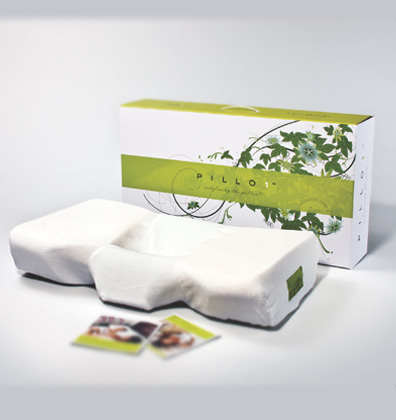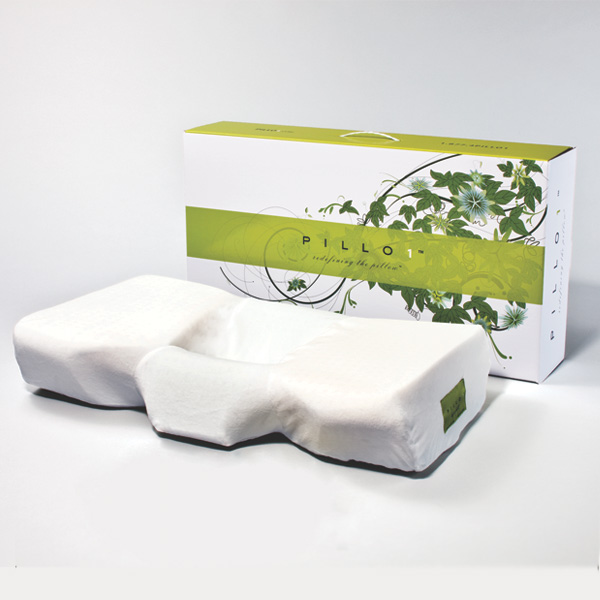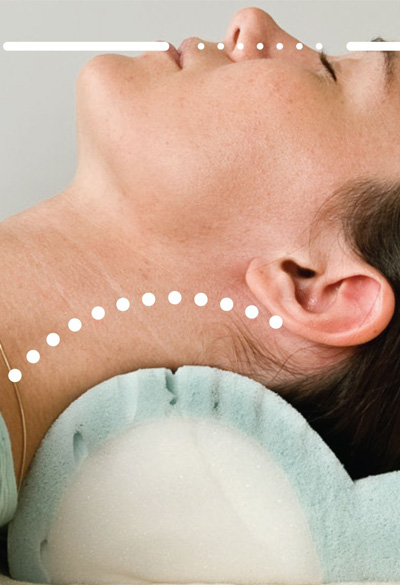No products in the cart.

INSOMNIA SYMPTOMS? HOW TO SLEEP BETTER WITHOUT MEDICATION
Can’t sleep?
You aren’t alone. Insomnia is a common sleep disorder involving the inability to fall asleep, stay asleep or both. Sleeping pills for insomnia may not be the answer. In fact, alternative sleep remedies like cognitive behavioral therapy are proven to work better to help you fall asleep faster and sleep longer than prescription sleeping pills. Below details sleeping pill’s side effects and risks, then seven alternative sleep remedies to treat insomnia naturally.
Sleeping Pills Side Effects and Safety Concerns:
Sleep experts recommend alternative sleep remedies as first-line treatments before resorting to prescription sleeping pills. Never-the-less, prescription drug use for insomnia symptoms is rampant, with the Centers for Disease Control and Prevention (CDC) reporting that 9 million Americans are taking prescription insomnia medication like zolpidem (Ambien) and eszopiclone (Lunesta). Experts caution that long-term sleep medication use is ineffective and leads to dependence. One recent study suggests sleeping pills increase the risk of death, cancer, diabetes and weight gain.
Common serious side effects of sleeping pills include burning or tingling in the hands, arms, feet or legs, constipation, diarrhea, dizziness, headache, stomach pain and uncontrollable shaking. Sleep medication side effects also include bizarre behaviors like sleepwalking, sleep driving, and sleep texting. Over-the-counter sleep medication (like Tylenol PM) is not meant for long-term use either, with diminished effectiveness over time and serious side effects including next-day drowsiness. Let’s explore some alternative sleep remedies to treat insomnia naturally.
7 Sleep Tips To Treat Insomnia Naturally Without Sleeping Pills:
1. Cognitive Behavioral Therapy (CBT) treats insomnia by modifying dysfunctional or destructive thoughts, emotions and patterns of behavior. A Harvard Medical School study recently found that cognitive behavioral therapy was MORE effective than prescription sleep medication for chronic insomnia. Cognitive behavioral therapy is an alternative sleep remedy proven to to treat insomnia naturally and help patients fall asleep faster and stay asleep longer – with benefits lasting an entire year after treatment ended and without sleeping pills side effects!
2. Relaxation techniques can be extremely helpful for those who can’t sleep – helping to quiet the mind and improve natural sleep. Options include meditation, muscle relation exercises, yoga, tai chi and deep breathing. Treat insomnia naturally by trying to find a relaxation routine that works well for you.
3. Limit Caffeine and alcohol intake. For those who have trouble sleeping, caffeine intake even late in the afternoon or in the evening can negatively impact sleep quality and quantity. If you have trouble sleeping, limit your caffeine to afternoons or at least eight hours before bedtime.
Alcohol may reduce the time it takes you to fall asleep, so people with insomnia symptoms may be inclined to use alcohol to fall asleep faster. But, alcohol highly disrupts the second half of your night’s sleep and reduces the mentally restorative rapid eye movement (REM) sleep. Alcohol also suppresses breathing and can precipitate sleep apnea.
4. Exercise regularly but not late in the day. Researchers at Stanford University of Medicine report that people who performed regular, moderately intense aerobic exercise for 30 to 40 minutes four times a week, slept almost an hour longer than those who do no exercise at all and cut the time it took to fall asleep by HALF. For those with insomnia symptoms, be sure not to exercise late in the day.
5. Wind down one hour before sleep without TV, tablet or smartphone. Blue light emitting from a computer screen, tablet or smart phone may alter the body’s biological clock and suppress the natural production of melatonin that’s critical to the normal sleep-wake cycle. For those that have trouble sleeping, this is one of the most essential sleep tips to treat insomnia naturally.
6. Keep a consistent sleep schedule. Going to bed and getting up at the same time every day is critical for sleeping well without prescription insomnia medication. For those with insomnia symptoms, try using use a sleep diary tool or sleep mobile app to track your daily sleep habits.
7. Re-think your pillow. Traditional pillows push your neck forward and out of alignment – causing neck pain that may conrtibute to your trouble sleeping. The PILLO1 neck pillow offers a natural sleep solution, proven by an independent sleep study to help users fall asleep faster and sleep longer, increase their REM sleep – without the dangers and serious sleeping pills side effects.
We hope these sleep tips for treating insomnia with alternative sleep remedies will help you to get the natural sleep that you deserve!
About PILLO1:
Made in America, PILLO1 cervical pillow is a premium, hand-crafted pillow to prevent wrinkles, reduce stiff neck pain and restore spinal alignment. Created for back and side sleepers, PILLO1 is the perfect eco-friendly cervical pillow on the market, made of hypoallergenic non-toxic latex foam.






